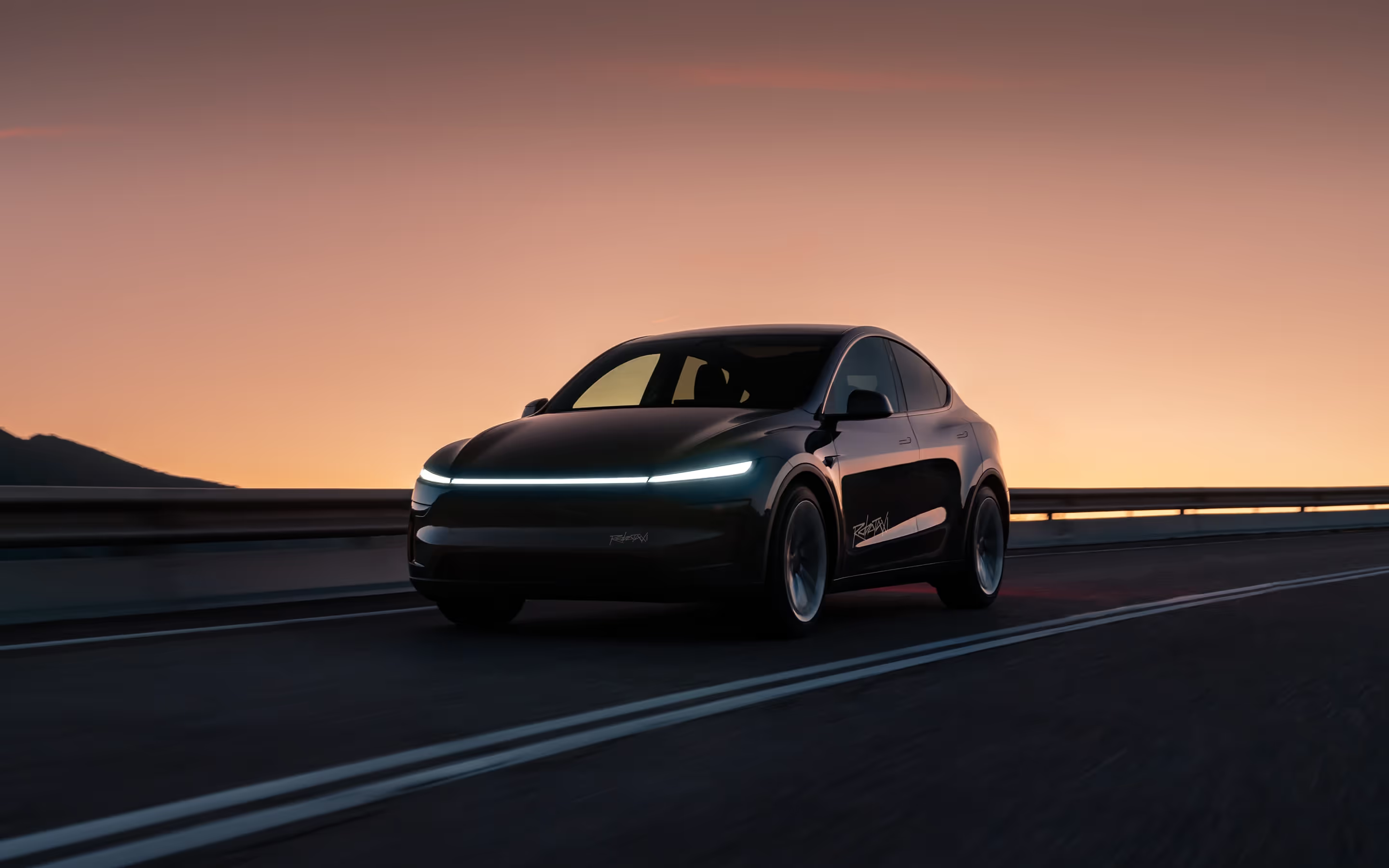In a remarkable turn of events that heralds a new chapter in the story of mobility, the car subscription market has quietly surpassed the $1 billion benchmark in debt financing and equity capital just this quarter as mobility disruptors move from middlemen to asset owners. Recent funding rounds have attracted notable investors such as HV Capital and strategic partners, fueling expansion plans and supporting the growth of these startups.
Early last year, conventional wisdom within Loopit pointed to an upper hand for established automotive giants in the subscription space.
Given their vast scale and entrenched infrastructure, automakers, dealerships, and rental companies seemed well-placed to capitalize on and control the trajectory of the car subscription arena. However, at the same time we warned that this head start would not be in perpetuity.
Fast-forward to the present, and the home ground advantage in the car subscription industry for established automotive players is quickly being eroded. Startups have created innovative platforms that allow customers to manage subscriptions, search for vehicles, select a start date, and have cars delivered directly to their doorsteps, enhancing convenience and customer experience.
Headlines that once cast long shadows across the still nascent car subscription industry may have created a false sense of security among legacy players, and many have been caught sleeping. Car subscription companies now serve both individual consumers and businesses, including enterprise clients seeking managed fleet solutions.
.avif)
Introduction: The Rise of Car Subscriptions
The car subscription market has rapidly emerged as a compelling new alternative to traditional car ownership, transforming how people access and use vehicles. Car subscription services are gaining traction among consumers who value flexibility and convenience, offering a seamless way to drive new cars without the long-term commitment or hassle of purchasing. This shift is particularly appealing to urban dwellers and younger users who prioritize access over ownership and want to avoid the burdens of maintenance and depreciation.
With the growing popularity of electric vehicles and a rising demand for sustainable transportation, car subscription services are uniquely positioned to meet the needs of modern drivers. Companies like Porsche Drive, Care by Volvo, and Finn are at the forefront of this movement, providing customers with a diverse selection of vehicles, including the latest electric models. These services allow users to experience new cars and cutting-edge technology without the traditional barriers of car ownership, such as large down payments or lengthy financing agreements. As more companies enter the market and expand their offerings, car subscription services are redefining the future of mobility and reshaping the automotive landscape.
Key Characteristics of Car Subscription Services
Car subscription services stand out from traditional car ownership and leasing by offering a suite of features designed for today’s on-demand lifestyle. At the core of this business model is flexibility: subscribers can choose from a range of vehicles, including electric vehicles and luxury cars, and switch between models as their needs change. Unlike conventional purchasing, there’s no hefty down payment—just a straightforward monthly payment that covers everything from insurance and maintenance to roadside assistance.
This all-inclusive approach means users can enjoy new cars equipped with the latest technology and safety features, without worrying about unexpected repair bills or the hassle of arranging service appointments. Leading companies like Finn and Porsche Drive have built their platforms around customer convenience, offering easy access to a variety of vehicles and transparent pricing. The result is an affordable, cost-effective solution that appeals to a wide range of users, from city commuters to families seeking a reliable SUV. By removing the traditional pain points of car ownership, car subscription services are making it easier than ever for people to get behind the wheel of a vehicle that fits their lifestyle.
The Underreported Success of Car Subscription Services
Amidst a narrative often dominated by high-profile failures such as Cazoo and Fair, the real story has been the quiet proliferation of subscription-based mobility startups that have not only survived but thrived unnoticed.
In the first quarter of 2024 alone, flexible mobility providers have announced over $1 billion in debt financing and equity capital to grow their owned fleets.
Kyte
Kyte closed a $250 million asset debt facility with Barclays and Waterfall. Since its Series A in March 2022, the company has grown 6x, expanded to 12 markets across the U.S, and raised over $100 million of equity capital.
FINN
FINN, which currently manages 25,000 subscriptions in Germany and the US, has raised $110 million in a Series C that values the company at $658 million post-money.
Octopus EV
An offshoot of Britain's Octopus Energy, Octopus EV has secured $700 million in financing from Lloyds Banking Group.
Planet42
Planet42 has raised a further $15.6 million in debt and equity funding from Standard Bank, bringing its total raise to more than $150 million in capital.
Honorable Mention: The French Government
The French government has paused its scheme to lease electric cars to low-income households after subsidizing more than double the number of vehicles planned for all of 2024 in less than six weeks.
Consumer Benefits and Preferences
Car subscription services deliver a host of benefits that resonate with today’s consumers, who are increasingly seeking flexibility, convenience, and value. Subscribers can select from a diverse fleet of vehicles—including electric vehicles, SUVs, and trucks—and have the freedom to swap cars as their needs evolve. This flexibility is especially attractive to those who want to try out the latest models or adapt their vehicle choice to changing life circumstances.
The convenience factor is a major draw: car subscription services typically bundle insurance, maintenance, and roadside assistance into a single monthly payment, eliminating the stress of unexpected costs and time-consuming repairs. For many users, this hassle-free experience is a key reason for the high demand in the market. As interest in electric vehicles and sustainable transportation grows, companies like Tesla and Porsche are leveraging their car subscription services to attract environmentally conscious drivers. With a focus on customer-centric features and a wide range of vehicle options, car subscription services are quickly becoming the preferred choice for a new generation of drivers.
Challenges and Limitations
Despite the impressive growth and high demand for car subscription services, companies in this space face several significant challenges. Expanding operations and maintaining a large, diverse fleet of vehicles requires substantial investment and careful management. The logistics of delivering vehicles, handling maintenance, and ensuring a seamless customer experience can be complex and costly, especially as companies scale into new markets.
Additionally, car subscription services must address the environmental impact of their operations, striving to reduce carbon emissions and promote sustainable practices across their fleets. Companies like Finn and Porsche Drive are responding by investing in advanced technology and innovative platforms, such as user-friendly apps that streamline the subscription process and enhance the overall service. By focusing on operational efficiency and sustainability, these companies aim to keep car subscription services affordable and accessible, while continuing to offer a reliable and attractive alternative to traditional car ownership. As the market evolves, ongoing innovation and strategic investment will be crucial for overcoming these challenges and sustaining long-term growth.
A Call to Action for Legacy Automakers
These under-the-radar success stories signal a silent but potent revolution set to upend the automotive sector. These companies have managed to devise and implement subscription models that resonate with modern consumers' desire for flexibility, convenience, and the ability to change cars with the same ease as upgrading a smartphone.
This landmark moment in the evolution of car subscriptions serves as a clarion call to established automotive players.
The burgeoning success of these new market entrants should not be underestimated. Traditional automotive companies must reassess their strategies, moving fast to forge partnerships, acquire promising startups, or revamp their business models to include flexible subscription offerings.
The message is clear: the future favors access over ownership. Modern consumers are increasingly drawn to the idea of using a car without the burden of owning it - a paradigm shift that promises to redefine personal mobility.
To remain relevant in this rapidly changing landscape, legacy automakers must adapt swiftly, embracing innovative models that align with evolving consumer preferences.
Navigating the Future of Mobility
As the car subscription market crosses the $1 billion threshold, it's evident that we are on the cusp of a significant transformation in how we think about mobility.
The automotive world must take heed of this shift, recognizing that the pathway to future success lies in flexibility, innovation, and a keen understanding of changing consumer dynamics.
The race is on to redefine the essence of automotive ownership, with car subscriptions leading the charge towards a more adaptable and user-centric future.









